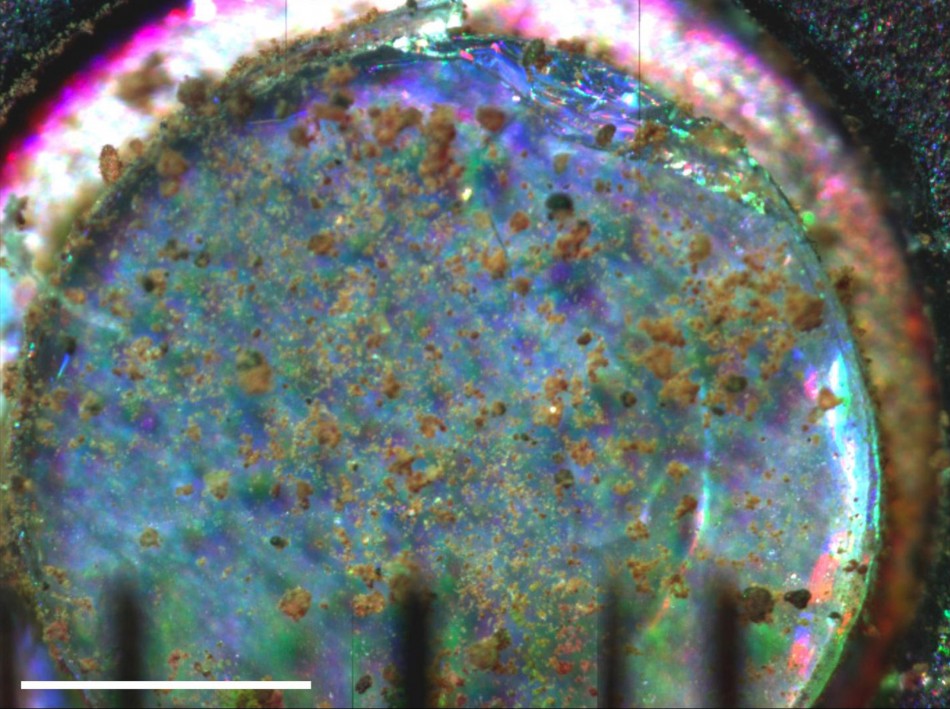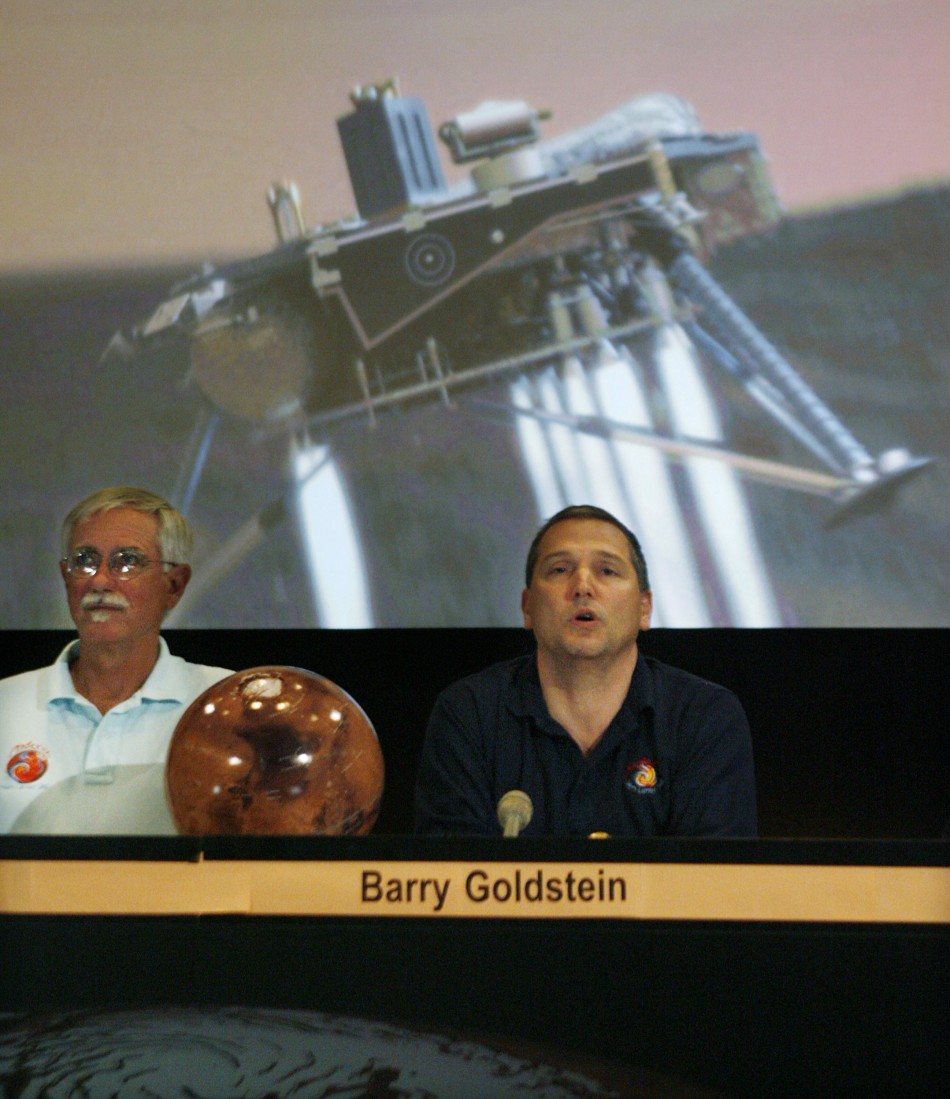Drought-Hit Mars May be Dead [PHOTOS]
The Martian surface has been arid for 600 million years, making it an unlikely place for any form of life, points out a study which analysed the soil collected from the planet's surface.
A team of scientists, led by Dr Tom Pike of the Imperial college of London, who analysed individual particles of Martian soil, found that the planet has been suffering from a super drought for millions of years making it hostile to any form of life to survive.
Previous researches have indicated that, Mars might have experienced warmer as well as wetter periods more than three billion years ago. The scientists also believe that Mars was exposed to liquid water for about 5000 years since its formation, billions of years ago.
However, scientists are not ruling out the presence of life deep into the Martian soil.
"We found that even though there is an abundance of ice, Mars has been experiencing a super-drought that may well have lasted hundreds of millions of years. We think the Mars we know today contrasts sharply with its earlier history, which had warmer and wetter periods and which may have been more suited to life. Future NASA and ESA missions that are planned for Mars will have to dig deeper to search for evidence of life, which may still be taking refuge underground," said Dr Tom Pike in a statement.
Nasa's Phoenix mission 2008, was aimed at probing signs of life on the red planet and to collect surface soil and ice for analysis.
Dr Tom Pike would be presenting the team's analysis at the European Space Agency (ESA) meeting on February 7, 2012.
Check out the pictures of Mars surface sent out by the Mars probe Phoenix in 2008:







© Copyright IBTimes 2025. All rights reserved.





















